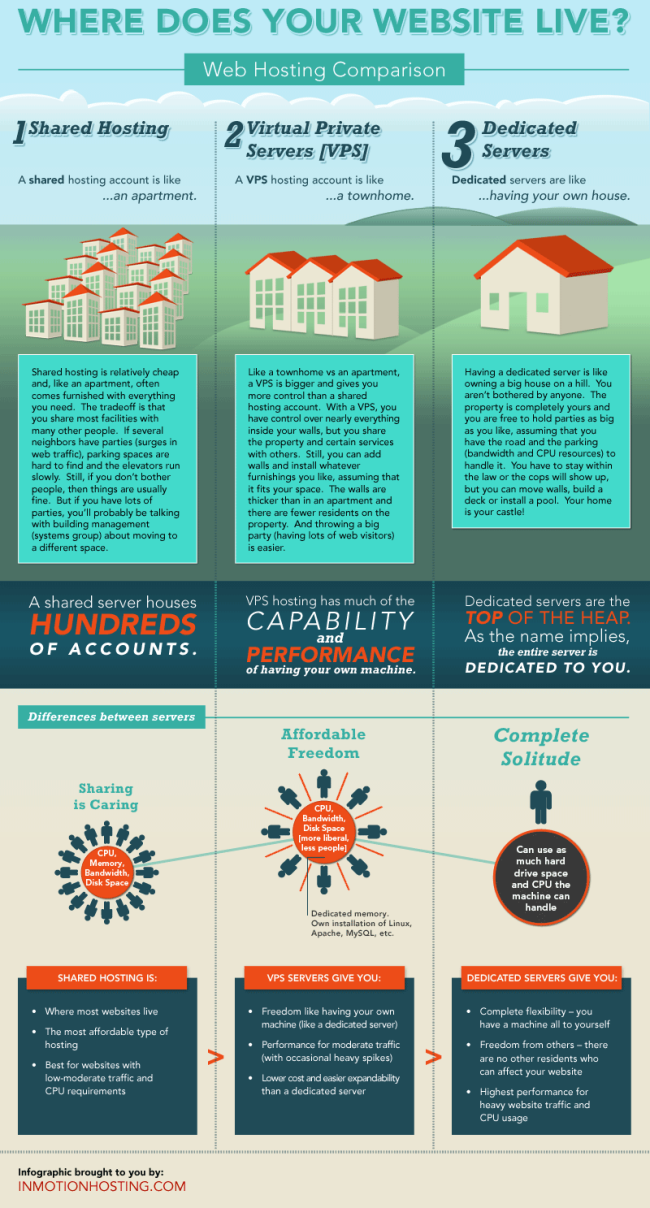
I freely admit I’m technically challenged. I have a good working knowledge of computers, enough understanding to get me by, but I don’t even try to unravel the technology behind the Internet. When my IT, Tom, tries to explain anything to me, my eyes glaze over. Protocols. Ports. Unicodes. Integrated digital networks. Optical carrier. Stop. I don’t need to know what wire goes where, why data centers need to be sterile, or how a super flat laptop manages to have more capabilities than a fat old PC. Just plug me in, and I’m good to go.
One mystery that is here to stay is cloud computing aka the cloud.
What exactly is cloud computing?
The way I understand it . . . When you say something is in the cloud, it means that, instead of it being stored on your computer’s hard drive, it’s being stored on the Internet. For a small fee, companies providing cloud storage—like Google Drive, iCloud, or Amazon CloudDrive—allow you to upload your files to their servers, then provide a way for you to access whatever you’ve uploaded—files, documents, calendar, photos, music, whatever—anywhere at any time on any device that has an Internet connection.
There’s no doubt, it makes things more convenient . . . and it’s certainly a cost-effective boon for business. By storing everything in the cloud, businesses don’t need to keep expensive servers onsite or techs on the payroll. Employees can access their files anywhere and work from home or while on the road. Making backups is no longer necessary. Losing data is highly unlikely. Cloud storage companies make copies of everything you upload so it’s all stored on several servers, just in case one of the servers should happen to crash.
Whoa, wait a minute . . .
Just how many copies are we talking about? With hundreds of thousands of people around the world uploading to the cloud, that’s a lot of copies floating around. What happens if you want to delete something? You have to trust that the company will delete all copies. That could be bothersome. And who has access to the copies server-side? Can you trust them not to see/read/steal/exploit your stuff? Hackers had a field day with nude celebrity photos they found on iCloud. When you put personal or confidential or sensitive stuff out in the cloud, you’re taking a chance. You can’t be sure whose hands it might fall into.
Of course, I could be wrong. I lack a clear understanding of how the Internet operates.
 Trying to find the right hosting service for your website is mind-boggling. I know. I recently changed from a host I had been with since 2002 to another that promised faster, better, more-reliable service.
Trying to find the right hosting service for your website is mind-boggling. I know. I recently changed from a host I had been with since 2002 to another that promised faster, better, more-reliable service.
 Recently, I changed hosting services. I had been with my previous host, who shall remain nameless, since 2002. During that time, I had no issues and was completely satisfied with the service.
Recently, I changed hosting services. I had been with my previous host, who shall remain nameless, since 2002. During that time, I had no issues and was completely satisfied with the service.